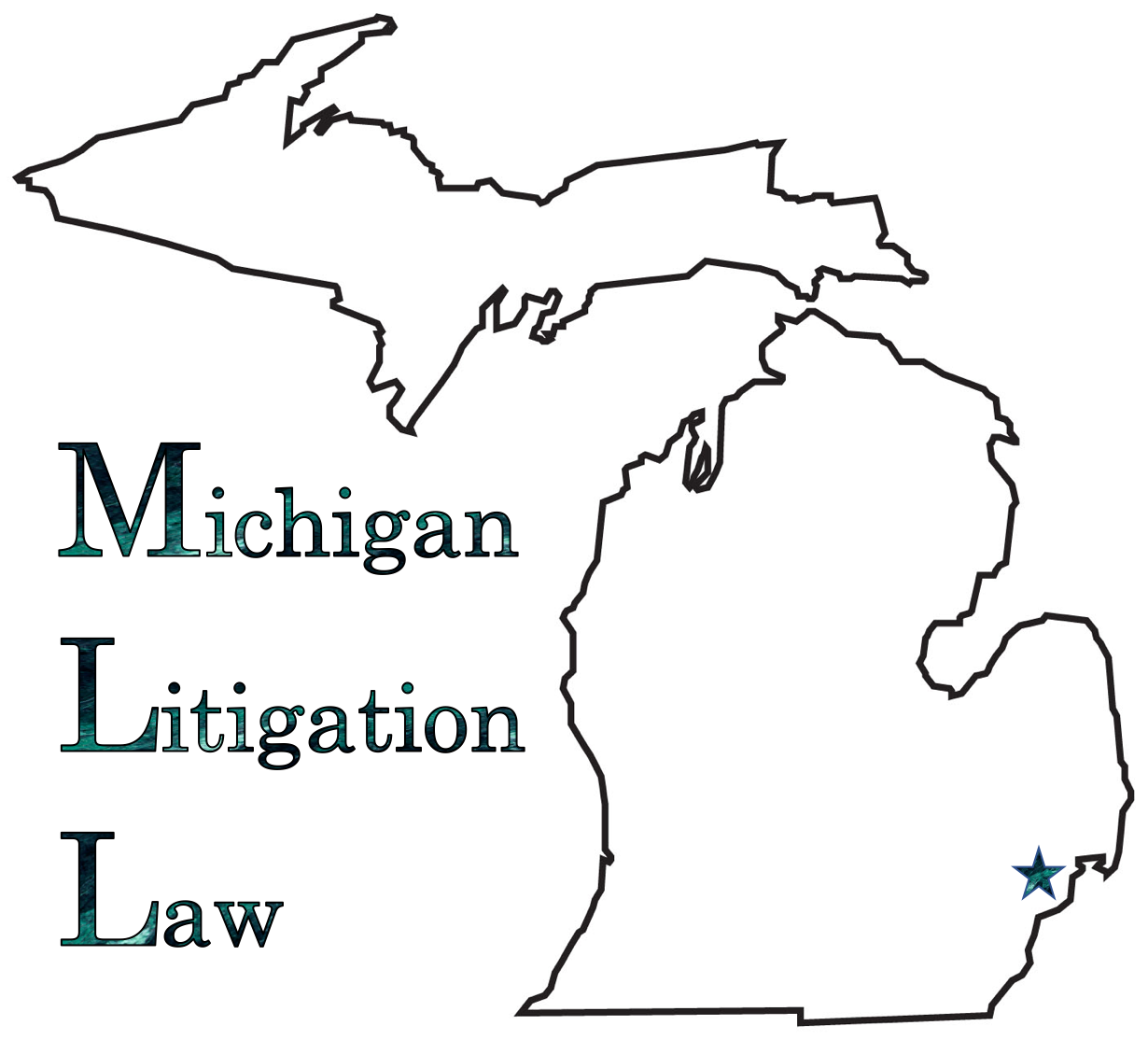Ninth Circuit Rejects Trump Travel Ban, AGAIN!
Click Here to view to full opinion.
For months now, President Trump has attempted to restrict travel from six predominantly Muslim countries. However, President Trump suffered, yet another setback (after the Ninth Circuit rejected the original travel ban and the Fourth Circuit having earlier rejected the revised travel ban) when the Ninth Circuit held that the travel ban discriminated based on nationality and exceeded presidential authority.
The U.S. Court of Appeals for the 9th Circuit is known as an overwhelmingly liberal court. Yet, it is still quite a blow to the Trump administration. The Court ruled unanimously that the temporary travel ban should remain on hold. The Justice Department had already filed an appeal with the Supreme Court based on the Fourth Circuit's decision, so in effect this ruling does not really matter. However, it is another piece of persuasive authority that the Supreme Court may rely on in making its decision.
"The Immigration and Nationality Act gives the president broad powers to control the entry of aliens, and to take actions to protect the American public. But immigration, even for the president, is not a one-person show," a three-judge panel declared.
"The order does not offer a sufficient justification to suspend the entry of more than 180 million people on the basis of nationality. National security is not a 'talismanic incantation' that, once invoked, can support any and all exercise of executive power."
The Ninth Circuit's ruling differed slightly from the Fourth Circuit in that the Ninth Circuit found that the travel ban discriminates based on nationality, which is expressly prohibited by the Immigration and Nationality Act of 1965 (which ended a decades-old immigration system where the U.S. government set annual quotas that limited how many foreigners could enter the United States from each country).
Trump originally argued that the travel ban was needed to give the federal government time to develop enhanced vetting procedures for people coming from terror-prone countries to ensure terrorists don't sneak into the United States through the legal immigration system. However, as many months have passed since that justification was given, it is not clear if vetting procedures have now been developed, or if there is a new justification for a 90 day ban moving forward from the current date.
Check back with MichiganLitigationLaw.com's Constitutional Blog for any new updates, and for an analysis of the Supreme Court's decision.

